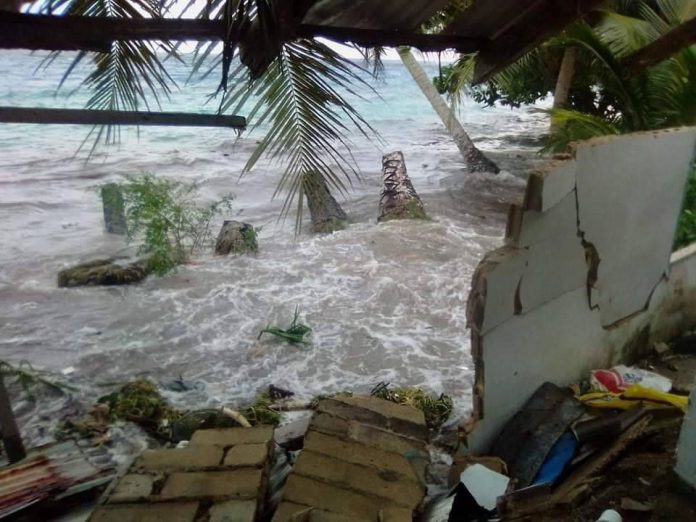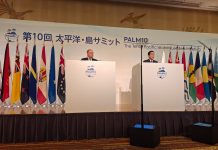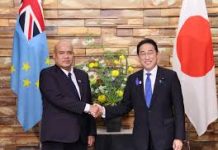The Pacific Islands Forum has warned climate change challenges are now direr and urgent than ever before, confirming the findings of the recently released Intergovernmental Panel on Climate Change’s (IPCC) Working Group II report.
The Working Group II report is the second instalment of the IPCC’s Sixth Assessment Report which will be completed this year. This report provides a detailed assessment of climate change impacts, risks and adaptation in cities where more than half the world’s population lives.
People’s health, lives and livelihoods as well as property and critical infrastructure, including energy and transportation systems, are increasingly adversely affected by hazards through the form of heatwaves, storms, drought and flooding as well as slow-onset changes, including sea level rise.
According to an IPCC statement, the latest instalment of its report clearly states climate resilient development is already challenging at current warming levels and it will become more limited if global warming exceeds 1.5°C (2.7°F).
“In some regions it will be impossible if global warming exceeds 2°C (3.6°F). This key finding underlines the urgency for climate action, focusing on equity and justice,” the statement reads.
“Adequate funding, technology transfer, political commitment and partnership lead to more effective climate change adaptation and emissions reductions.2
The Secretary General of the Pacific Islands Forum, Henry Puna, said in a statement that the evidence is painfully clear.
“Findings and data on Impacts, Adaptation and Vulnerability provide irrefutable evidence for what our Blue Pacific people already know and experience daily: our lived reality of dealing with the disproportionate impacts of climate change – the Pacific’s single greatest threat,” Secretary General Puna said.
“These dangerous and pervasive impacts are increasingly evident in every region of the world. Any further delay in global action to build the resilience and adaptive capacity of the most vulnerable developing countries will miss a rapidly closing window to secure a liveable future,” he said.
SOURCE: SAMOA OBSERVER/PACNEWS


















